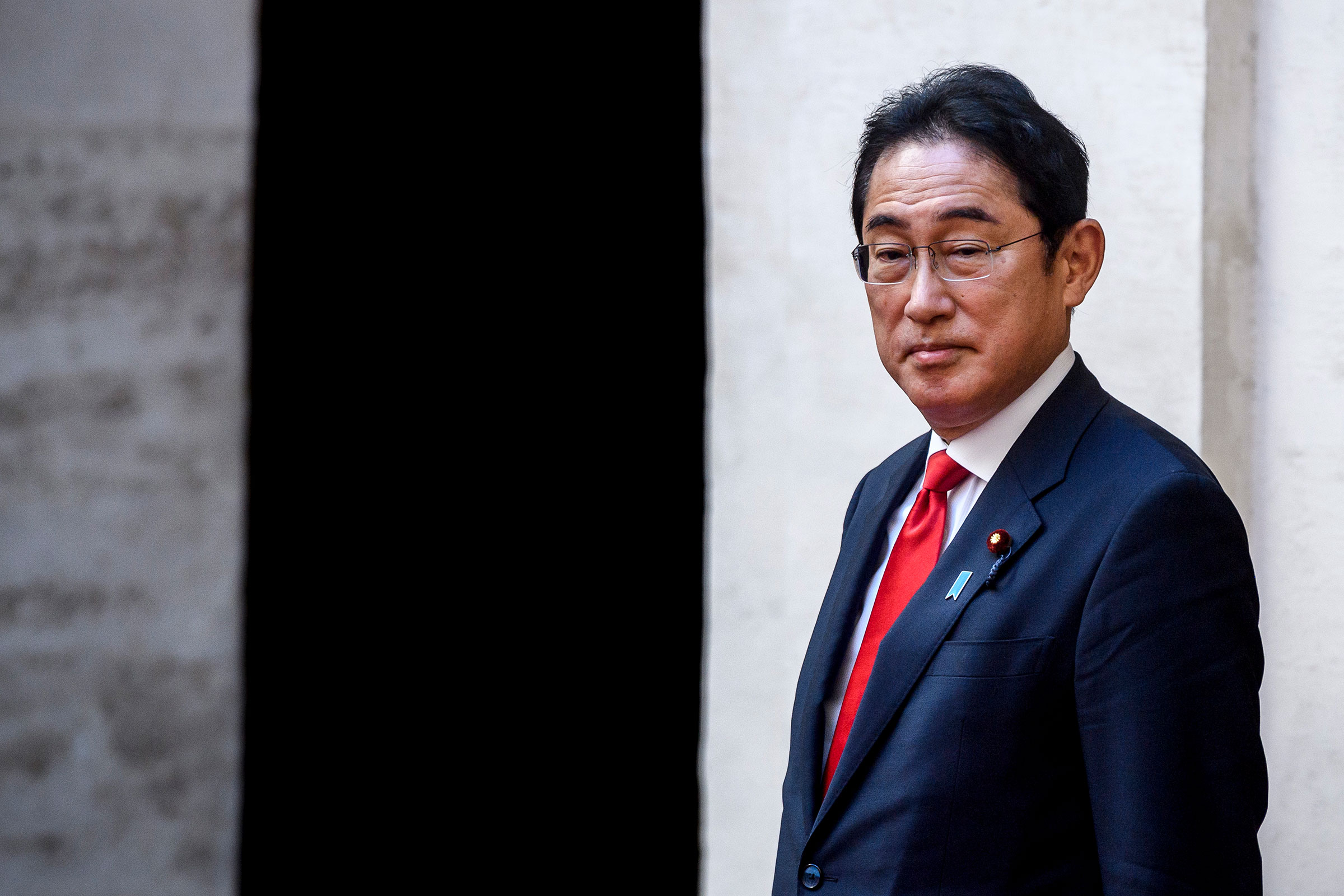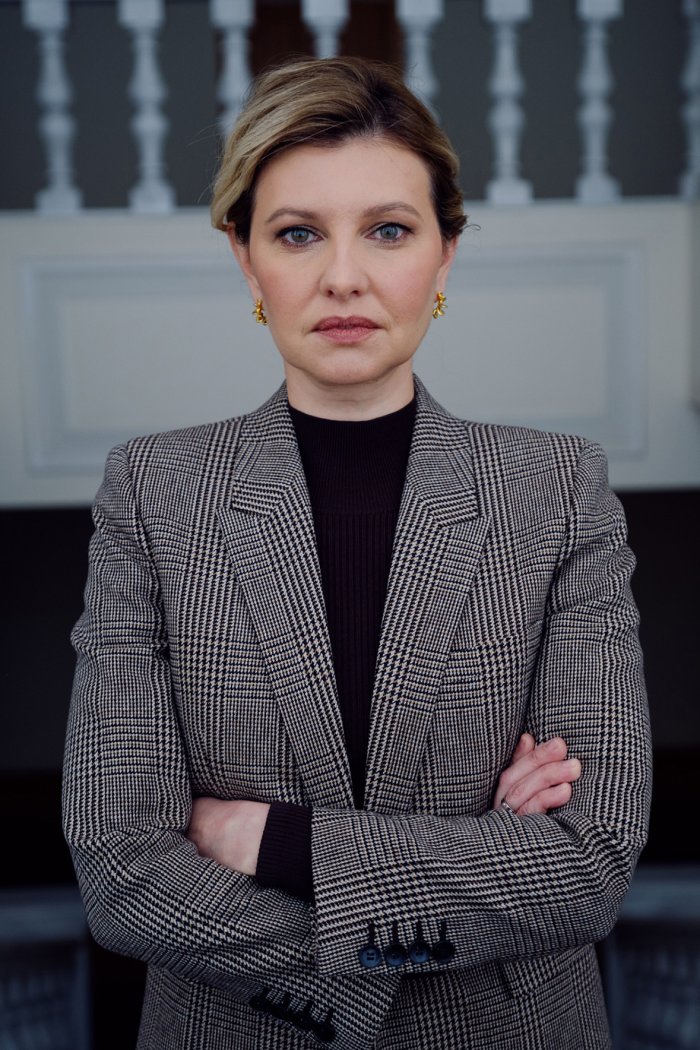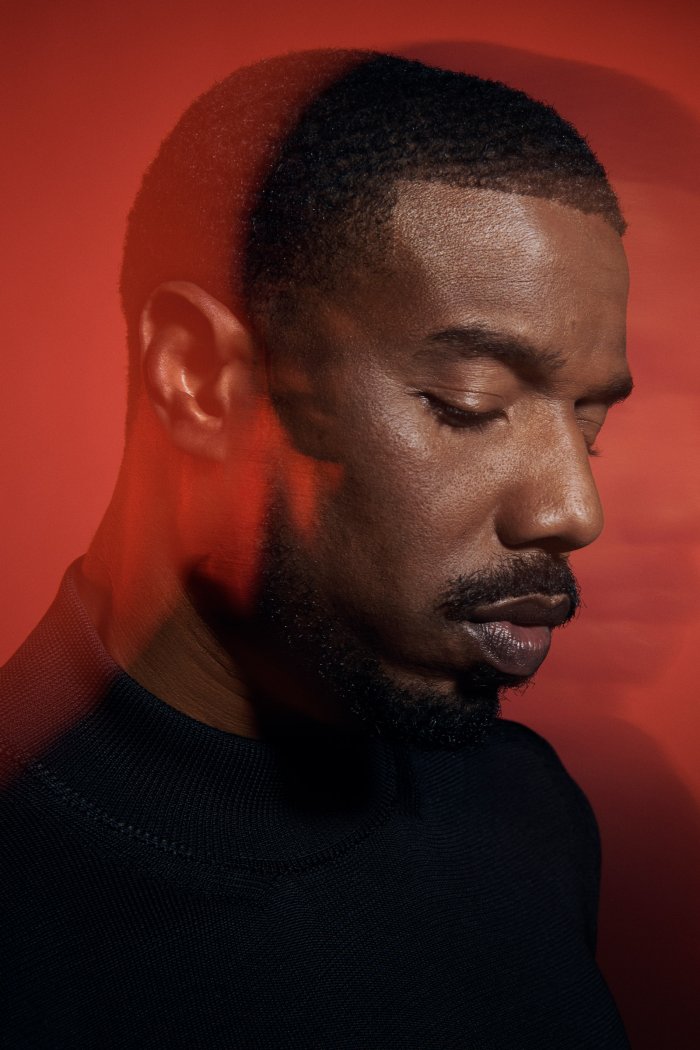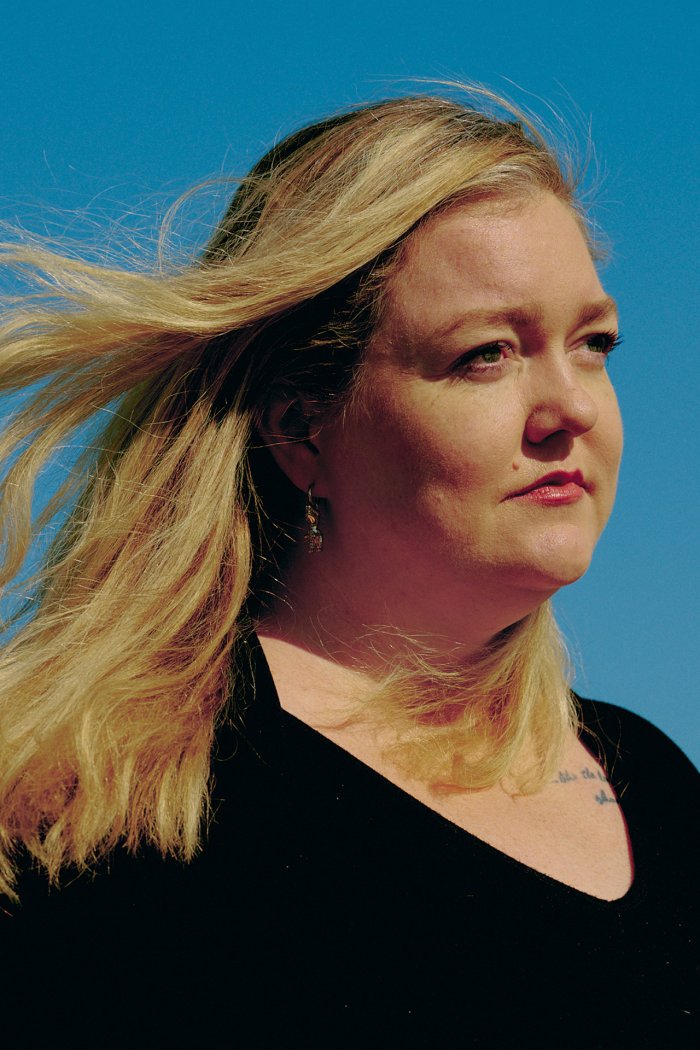When, on March 21, Fumio Kishida laid a wreath in the stricken Ukrainian town of Bucha, Japan’s Prime Minister remarked upon “great anger at the atrocity.” Kishida, 65, knows the pain of war; he lost several relatives to the atomic bombing of Hiroshima, his ancestral home, and grew up on stories of their suffering. And so, faced with rising aggression from Russia, China, and North Korea, Kishida has set about revolutionizing Japanese foreign policy: soothing historical grievances with South Korea, boosting defense spending by over 50%, and strengthening security alliances with the U.S. At home, he has launched a “new model of capitalism” to grow the middle class through redistributive policies. Much work remains: Kishida’s party has faced criticism for marginalizing the LGBTQ+ community and for close links to a controversial cult. But when Kishida welcomes G-7 leaders to Hiroshima in May, he’ll do so as head of a resurgent Japan.
Campbell is a TIME correspondent
- Cybersecurity Experts Are Sounding the Alarm on DOGE
- Meet the 2025 Women of the Year
- The Harsh Truth About Disability Inclusion
- Why Do More Young Adults Have Cancer?
- Colman Domingo Leads With Radical Love
- How to Get Better at Doing Things Alone
- Michelle Zauner Stares Down the Darkness





